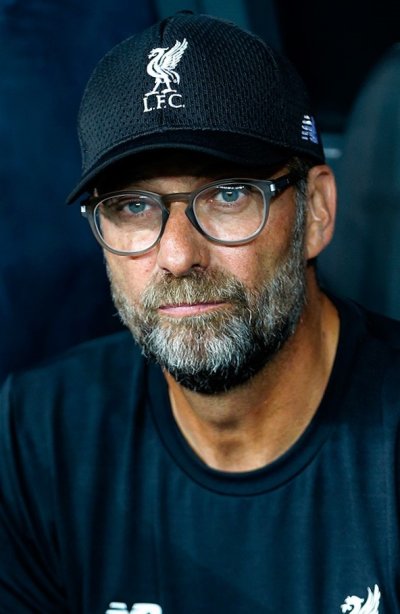
THE MOST IMPORTANT OF THE LEAST IMPORTANT THINGS
For the first time in a generation, sport has been comprehensively sidelined by a global lockdown. Some are loving it; others are hating it – and this divide often goes back to whether we were picked early for teams in school games or not.
The hatred (and I write as one trying to get into the shoes of another) is propelled by several forces. Its ubiquitous coverage, self-importance and sheer triviality irritate many. The tribalism that sours friendships. The pretensions of its over-paid stars.
In the UK, since Sky signed its initial contract with the Premier League and set up a 24 hour sports news channel, it has convinced other broadcasters of the need to exaggerate everything about sport. Not just the matches, but the backstories. Those familiar with watching football in other countries can be surprised at the hour before and after a game given to coverage in the UK. It is too much for some.
In early 2020, the head of the UK’s Chartered Management claimed the culture of sports talk at work needed to be stamped out because it is excluding. She may have a point when it comes to corporate decisions and preferments being agreed on the golf course between men, but there are two social developments of note. The first is the growing role and profile of girls and women in sport. Women’s sport is finally getting the recognition on TV that it should have had long ago. And then there is the embrace of sport played by people living with disabilities – perhaps first seen in the Paralympics but now extended to other sports. Sport is so much more than simply the domain of able bodied men and boys.
It has become a dominant narrative through which people interpret life: its joy, pain, suffering and redemption; its crushing defeats and heady victories; its pristine heroes and sullied villains. It provides people who do not know each other, often from different cultures, with a common framework for dialogue and friendship. And it is about so much more than the game, offering identity, meaning and connection. Loughborough University asked football supporters across Europe to document what the game meant to them. Almost nine in ten of the photographs sent in did not show any match action, but focussed on the details of following the sport: away buses, stands filling up, the meat pie stall. Sport provides ritual by which people find purpose, rhythm, comfort in life.
It is also a God-given joy. The practice of faith can still divorce body from soul, denigrating bodies deeply loved by God, through which we can express his creative energy and watch people at the height of the powers: Roger Federer gliding across court to make an impossible passing shot; Lionel Messi swerving and feinting past bewildered defenders; Ben Stokes launching another reverse sweep into the crowd. The words put into the mouth of Scottish sprinter Eric Liddell in the film Chariots of Fire sums up the spiritual experience of using the gift of the human body: when I run, I feel God’s pleasure.
It is perhaps inevitable there are shards of idolatry in the addiction to sport. The financial rewards, ugly tribalism and nationalism that wrap around it can choke unselfconsciousness, fairness and spontaneity. Perhaps Liverpool FC’s celebrated manager Jurgen Klopp has summed it up best. Speaking as the pandemic halted the Premier League with his team only two victories away from the title and asking fans to think about the vulnerable in society and act where possible with compassion for them, he said:
Football always seems the most important of the least important things.
When sport returns, a corner will be turned in our common life.
Whatever we feel, it is a vital sign of life.
POPULAR ARTICLES

Obama's Covert Wars
The use of drones is going to change warfare out of all recognition in the next decades.

Through A Glass Starkly
Images of traumatic incidents caught on mobile phone can be put to remarkable effect.

What Are British Values?
Is there a British identity and if so, what has shaped the values and institutions that form it?


